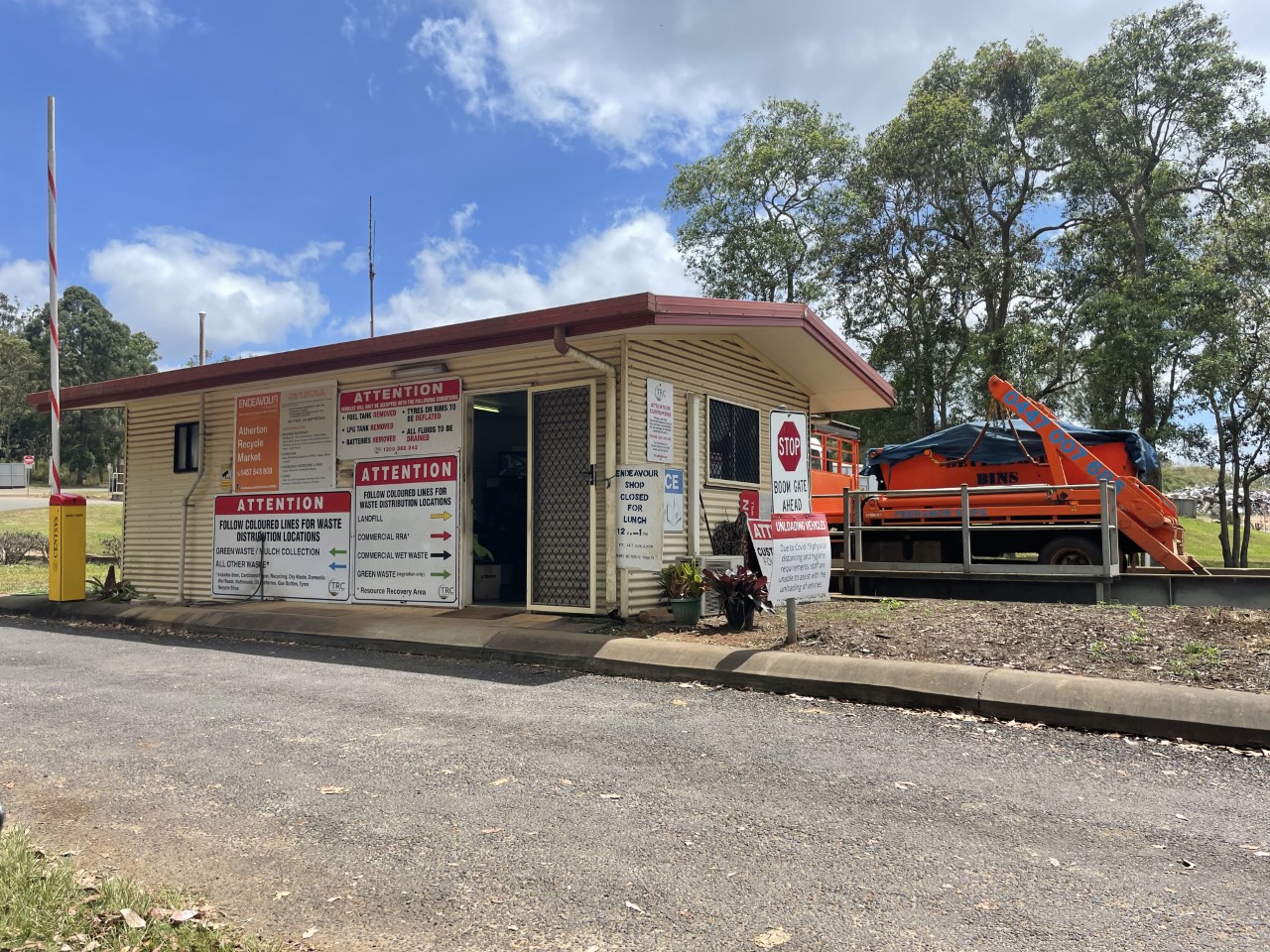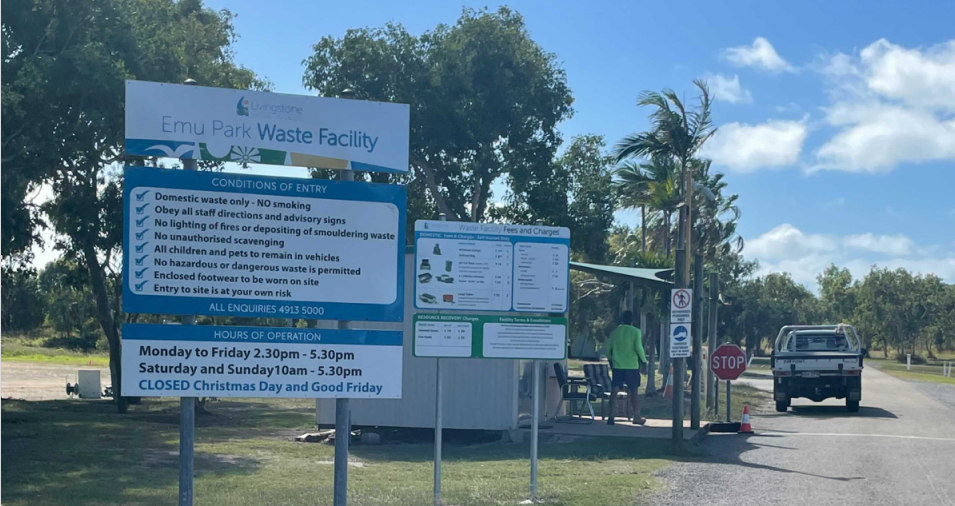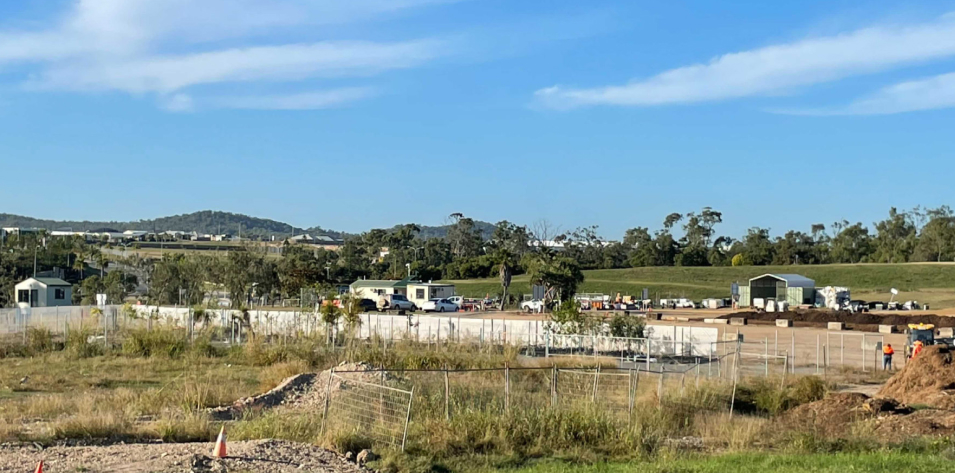This study compares two Councils’ data sets at different stages of the data management journey, showcasing the importance of having data structures well configured from the get-go, reviewing periodically for operational change impacts, and the benefits of follow-up monthly data maintenance.
We explore the implications of the initial data set up, from transacting to reporting, and show the value of conducting regular monthly audits.
We also showcase that having great data structures, followed up by regular maintenance, has a flow-on effect, which leads to better quality of information, an increase in efficiency and significant savings for Council, both monetary as well as in staff effort.
Thanks so much for your help with our waste Levy Submissions. You and Lacey are just gems and always on the ball with absolutely everything. It’s been such a help having you guys managing the submissions so we have a chance to properly learn all the ins and outs and errors, etc.
— Sara Gardiner, Senior Administration Officer, Tablelands Regional Council
Challenge
In preparation of their monthly summary return, two Councils – Banana Shire Council and Tablelands Regional Council – engaged Resource Hub to audit their data.
Banana Shire Council had previously used team members now at Resource Hub to configure waste levy data within their Mandalay transactional software in 2020, so had confidence in their waste levy compliance, while Tablelands Regional Council transitioned into the QLD waste levy using existing data structures from pre-levy. They were struggling with thousands of transactional warnings and errors in their data that needed to be reconciled and corrected each month before they could submit waste levy returns.
What we did
Resource Hub’s job in both projects was to audit the quality of Councils’ data. For Banana Shire Council this was a part of their monthly maintenance audit, for Tablelands Regional Council it was the initial audit of their system’s data.
When executing data audits for our clients, we regularly find common errors/issues with their data set, and the same goes for these two councils. What we tend to look out for is especially:
- Incorrect waste tonnage going to the incorrect destination.
- Incorrect waste type going to the incorrect destination.
- Destinations and use categories discrepancies (e.g, if waste is going to landfill, its use should be in landfill).
At the initial run of the summary return and audit for Tablelands Regional Council we identified:
- inconsistencies
- incorrectly classified products
- product sent to destinations we suspected weren’t right
- 1000s of warnings and 6 errors

Our subsequent course of action was to:
- present and discuss our findings with the relevant waste team,
- clarify items requiring additional explanation,
- correct tickets before the summary returns were finalized,
- give suggestions and advice on what to change in the system settings to avoid repeating errors in the subsequent months.
The monthly audit for Banana Shire Council involved:
- addressing all warnings and clarifying items requiring additional explanation,
- correcting tickets before the summary returns were finalized,
- make system adjustments as errors and inconsistencies were found to avoid repeating errors in the subsequent months.

Outcomes
Banana Shire Regional Council:
As the Council have been doing regular audits, their data is already at the point where our service has moved towards routine maintenance. Their queries are few, and with low monetary value attached to them. Monthly audit of data doesn’t require a long time to conduct, or many hours of effort.
Even so, showcasing the importance of regular and detailed audits, during this audit for Banana Shire Council, we found one irregularity, where waste was reported as going to landfill instead of as being saved at the recycling centre. This meant they were due to pay waste levy on product that was being recycled.
- Identifying and correcting this one instance of incorrect reporting during the monthly data audit saved the Council $60,000.
Tablelands Regional Council:
The initial audit of Tablelands Regional Council’s data was comprehensive and required many ticket corrections, system adjustments and hours of effort.
- The Council was able to get their data set cleaned up, errors corrected, and waste levy returns submitted, while also having the system settings adjusted to prevent the same errors in the future.
- Throughout the audit process Tablelands Regional Council’s staff also gained an additional understanding of the implications of data quality, the effects of specific system settings on information quality and ways to prevent these specific errors in the future.
Following the initial audit on Tablelands Regional Council’s data, the Council decided to engage Resource Hub on an ongoing basis. We are pleased to report that in the subsequent months, we found their data is improving, and their warnings and errors are fewer by the month. Starting with thousands of warnings and six errors, in just a few months, this came down to no errors and a few hundred warnings, saving Council teams time and money on a regular basis.
Conclusion
Having data systems set up correctly in the beginning, from administration, ticketing, to reporting, and making sure waste product is getting sent to the correct destination, is being classified correctly, and the correct tonnage is reported has a flow on effect, leading to increases in efficiency and significant savings for Council. Secondarily, regular monthly audits will correct for any additional inconsistencies, review new product set-ups and stop any ongoing issues.
This effectively means, that once we start addressing the reasons behind the errors and conducting regular data audits, the data sets we audit start improving, summary return preparation gets easier and faster, and no money is lost over-paying on waste levy due to incorrect data!



